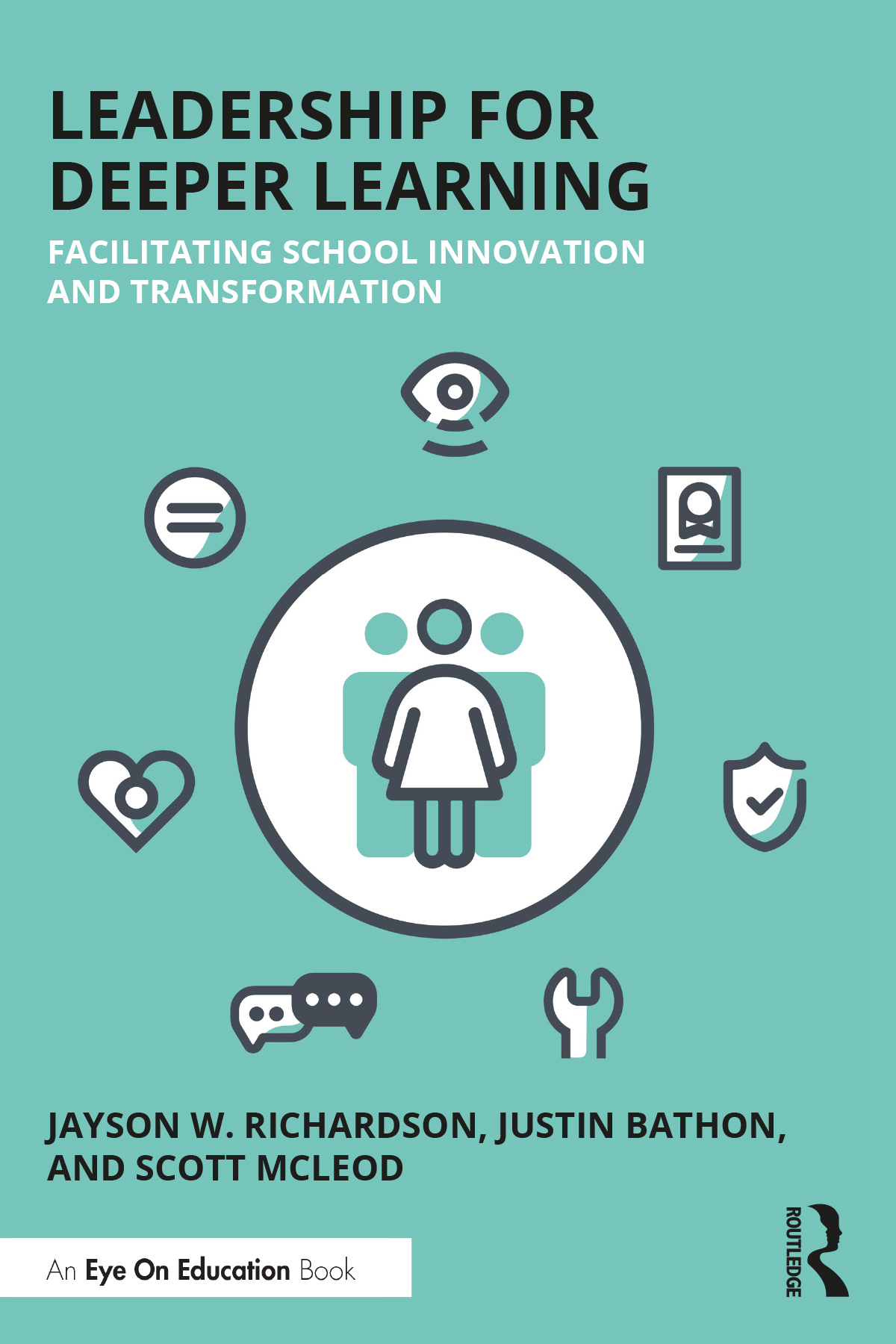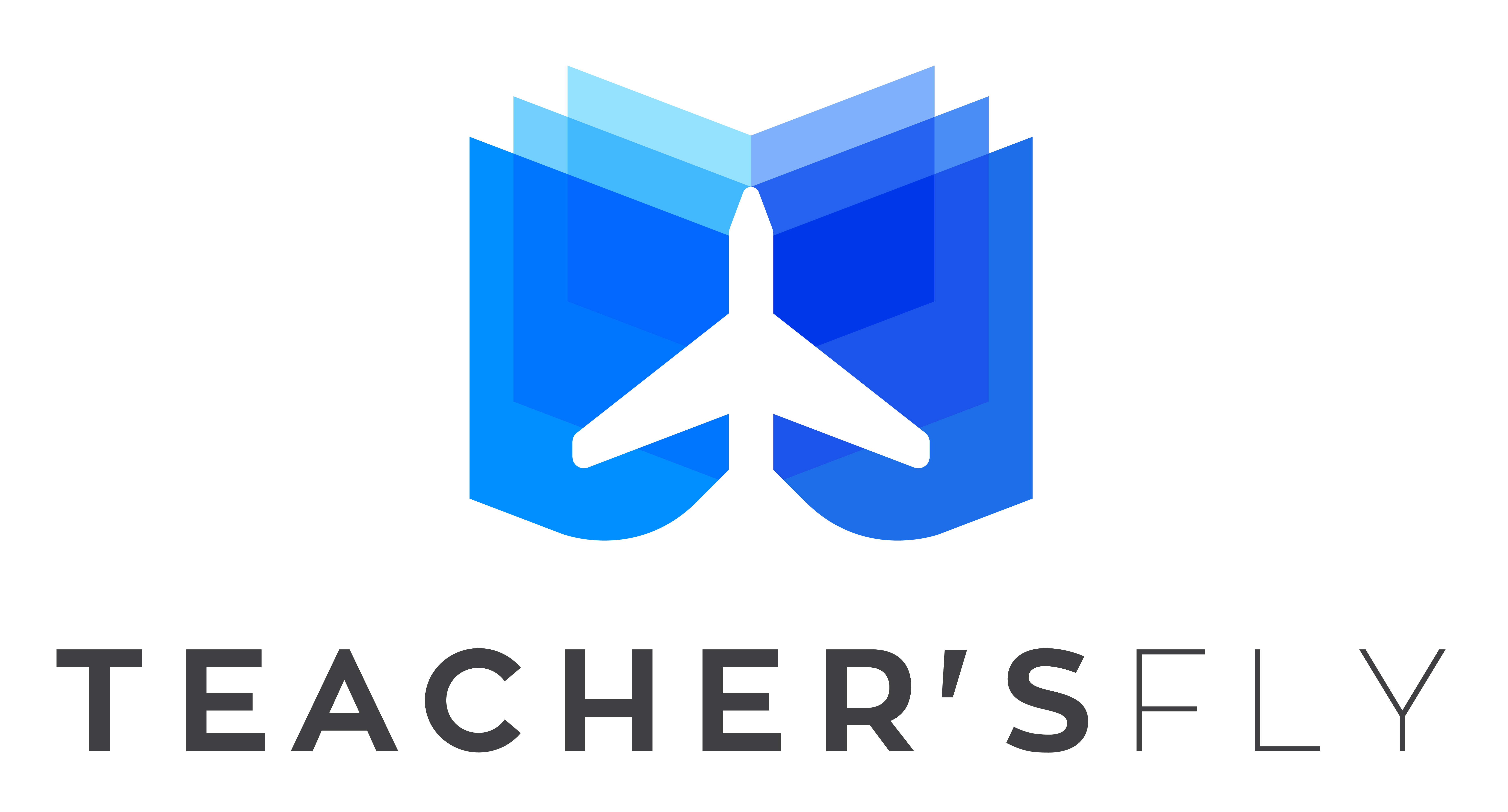
21 Jul Leadership for Deeper Learning: Excerpt 01
 [To celebrate our upcoming book, Leadership for Deeper Learning, I am publishing an excerpt each day for a week before its release. We interviewed leaders at 30 different ‘deeper learning’ schools around the world in 2019 and 2020. We then followed up those interviews with site visits, observations, on-site photographs and videos, and additional conversations. Our goal was to try and parse out What do leaders at innovative schools do that is different from their counterparts in more traditional schools? As you might imagine, we saw some fantastic leading, teaching, and learning. We describe what we saw in detail in the new book and, in Chapter 7, articulate a Profile of a Deeper Learning Leader that’s based on empirical research, not just anecdotes. We think that this book makes a unique contribution to what we know about leadership in deeper learning schools. The book is written for a practitioner audience and is full of concrete, specific examples to get folks thinking about possibilities. Also, every main chapter concludes with Key Leadership Behaviors and Support Structures. If you order it, let me know what you think!]
[To celebrate our upcoming book, Leadership for Deeper Learning, I am publishing an excerpt each day for a week before its release. We interviewed leaders at 30 different ‘deeper learning’ schools around the world in 2019 and 2020. We then followed up those interviews with site visits, observations, on-site photographs and videos, and additional conversations. Our goal was to try and parse out What do leaders at innovative schools do that is different from their counterparts in more traditional schools? As you might imagine, we saw some fantastic leading, teaching, and learning. We describe what we saw in detail in the new book and, in Chapter 7, articulate a Profile of a Deeper Learning Leader that’s based on empirical research, not just anecdotes. We think that this book makes a unique contribution to what we know about leadership in deeper learning schools. The book is written for a practitioner audience and is full of concrete, specific examples to get folks thinking about possibilities. Also, every main chapter concludes with Key Leadership Behaviors and Support Structures. If you order it, let me know what you think!]
Excerpt 01
Contemporary school innovators are proceeding along pathways that are simultaneously both new and familiar. As demands for standardization begin to recede and schools gradually recognize that the demands of a global innovation society are different from those of the previous century, they are beginning to embrace many of the progressive, constructivist, and personalized approaches long espoused by educational giants such as Jean Piaget, John Dewey, and Seymour Papert. While these well-known names serve as anchors for the shared philosophies that undergird the work, each school community iterates and implements in its own way. These contextual innovations and support structures lend local flavor and provide the details necessary to transform larger ideals into successful practices. Concurrent advances in communication and collaboration technologies also enhance school leaders’ ability to learn more quickly and easily from other innovators.
The details of these modern upgrades of schooling are not emerging by chance. They are purposeful responses to the incongruities that are inherent as we try to map a historical and analog model of learning and teaching to the challenges of today’s technology-suffused, global society. These school structures and leadership behaviors have emerged from thousands of community conversations and global dialogues about college- and career-readiness, enhanced life success, and more holistic understandings of desired learner outcomes. As schools shift toward new student and graduate profiles , they challenge and reform core structures of the traditional, standardized school model. They allocate time differently, pilot model classrooms, offer new choices to families, adjust underlying policies, and engage in a multitude of other changes that substantially transform schools.
The book that you are holding is about the brave souls who are at the heart of this innovative work. At the root of every one of these transforming schools are courageous individuals who are leading the change. They are discontent with the status quo and are willing to rethink fundamental concepts of schooling. They are remarkable school leaders who are attempting to navigate massively-complex challenges, implement more humanistic ideals of schooling, and chart a path out of the era of standardization. These leaders are working heroically to empower children and educators and secure a brighter future for schools and communities.
Leadership for Deeper Learning, Chapter 1
Related Posts
[To celebrate our upcoming book, Leadership for Deeper Learning, I am publishing an excerpt each day for a week before its release. We interviewed leaders at 30 different ‘deeper learning’ schools around the world in 2019 and 2020. We then followed up those interviews with site visits, observations, on-site photographs and videos, and additional conversations.
 Leadership and Vision, Learning and Teaching, deeper learning, leadership, learning, teaching, visionRead More
Leadership and Vision, Learning and Teaching, deeper learning, leadership, learning, teaching, visionRead More

Sorry, the comment form is closed at this time.